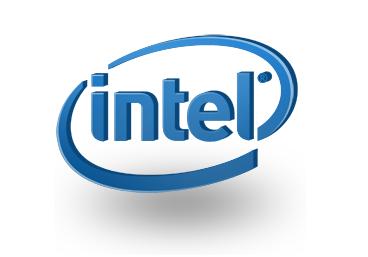ONF turned telcos from hardware-confined to software-defined
Proprietary processor maker Intel has acquired both the Open Networking Foundation’s (ONF’s) development team and Ananki, the independent venture-backed company that was recently spun out of the ONF. Ananki was created in order to deliver open source-based software-defined Private 5G as a commercial service. Financial terms were not disclosed. The ramifications for the telco industry’s Internet of Things service providers have yet to become clear.
Ananki’s open-source, software-defined services aim to make private 5G easier for enterprises to use by automating the complex configurations involved when cameras, sensors and robots are inter-networked in factories, energy production and utilities. Its range includes a service-based 5G software stack, small cell radios, SIM cards and a dashboard for monitoring and analysing network activity. Enterprises buy a subscription-based service that charges them according to their 5G coverage needs.
The ONF was started in 2011 with a mission to disaggregate software instructions and the hardware that carries them out, which created the conditions under which networks could be software defined and responsive, rather than hardware-confined and intransigent.
Processor maker Intel has released all of its projects to open source with permissive software licenses as it moves away from code development by an internal team. To this end, ONF has open sourced the entirety of its portfolio of production-ready platforms, including solutions for public 5G (SD-Core, SD-RAN), private 5G networks (Aether), software-defined broadband (SEBA/VOLTHA) and P4 programmable networks (SD-Fabric, PINS).
ONF Executive Director Guru Parulkar has joined Intel as VP of its Network and Edge Group under Nick McKeown, founding ONF board member and General Manager of the Network and Edge Group at Intel. In addition, the majority of ONF’s internal development team will become Intel staffers.
Timon Sloane will lead the ONF as General Manager and new Area Governance Boards will be formed to steer the ONF’s major project areas. These measure are put in place to help ONF to transitions into a more classic open-source organisation, said an Intel release.
“ONF has made important contributions to the industry with its software-defined development projects and its move to a community-sourced model will fuel further contributions as the industry and its needs advance,” said Nick McKeown, founding ONF board member and Senior Vice President and General Manager of the Network and Edge Group at Intel.
“ONF’s journey has been transformational,” said Guru Parulkar, Intel’s VP of NEX and a board member of the ONF. “Our small amazing team has challenged the status quo and ignited the SDN movement. We built platforms that naysayers said were doomed to fail, we’ve proven what’s possible.”
Many of ONF’s systems have been deployed in production networks and others are now production ready and expected to be broadly adopted, according to Parulkar. “I’m exceptionally proud but our work is not done. We are simply shifting to a new model optimized for the next phase of our transformative journey towards open networking.”



